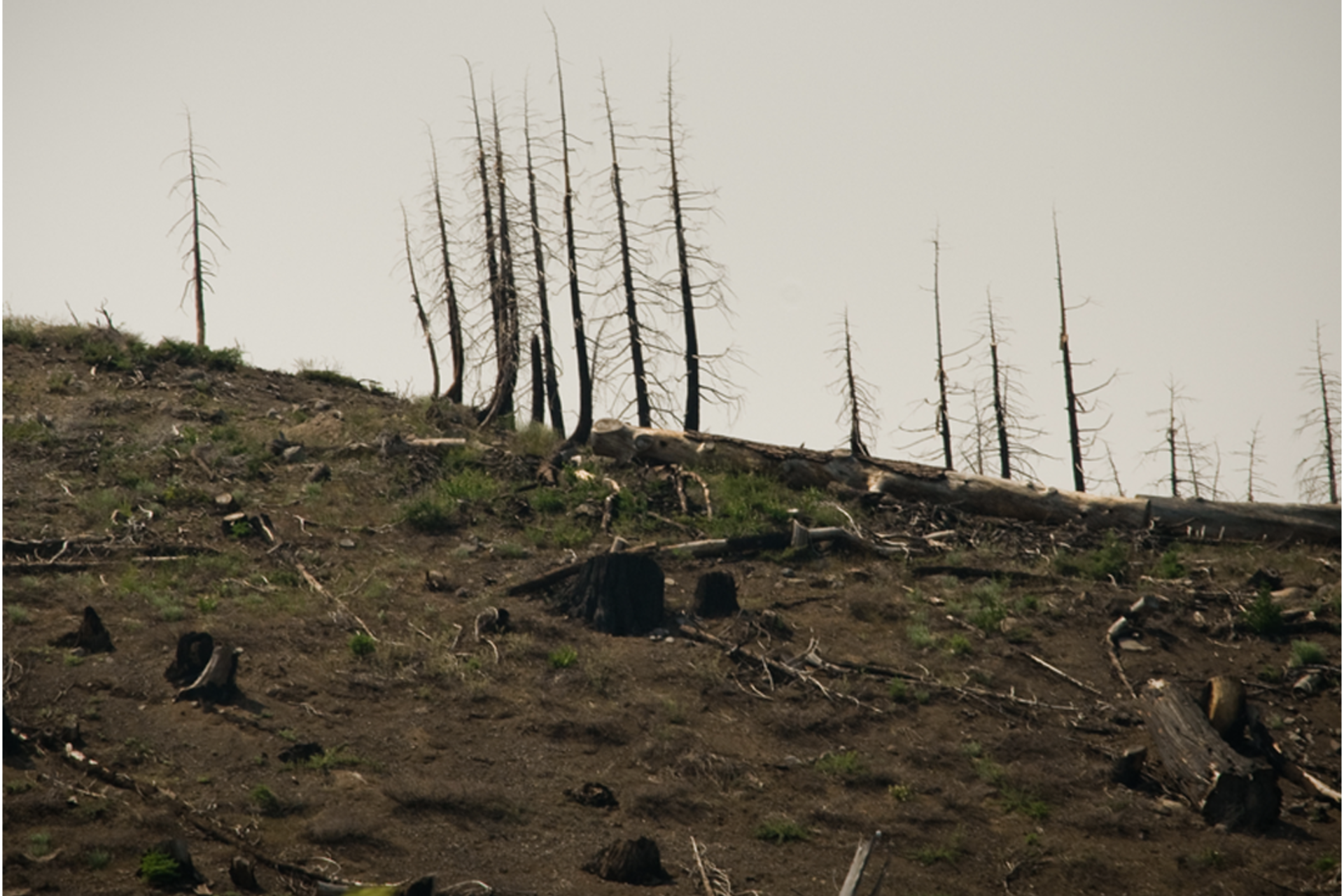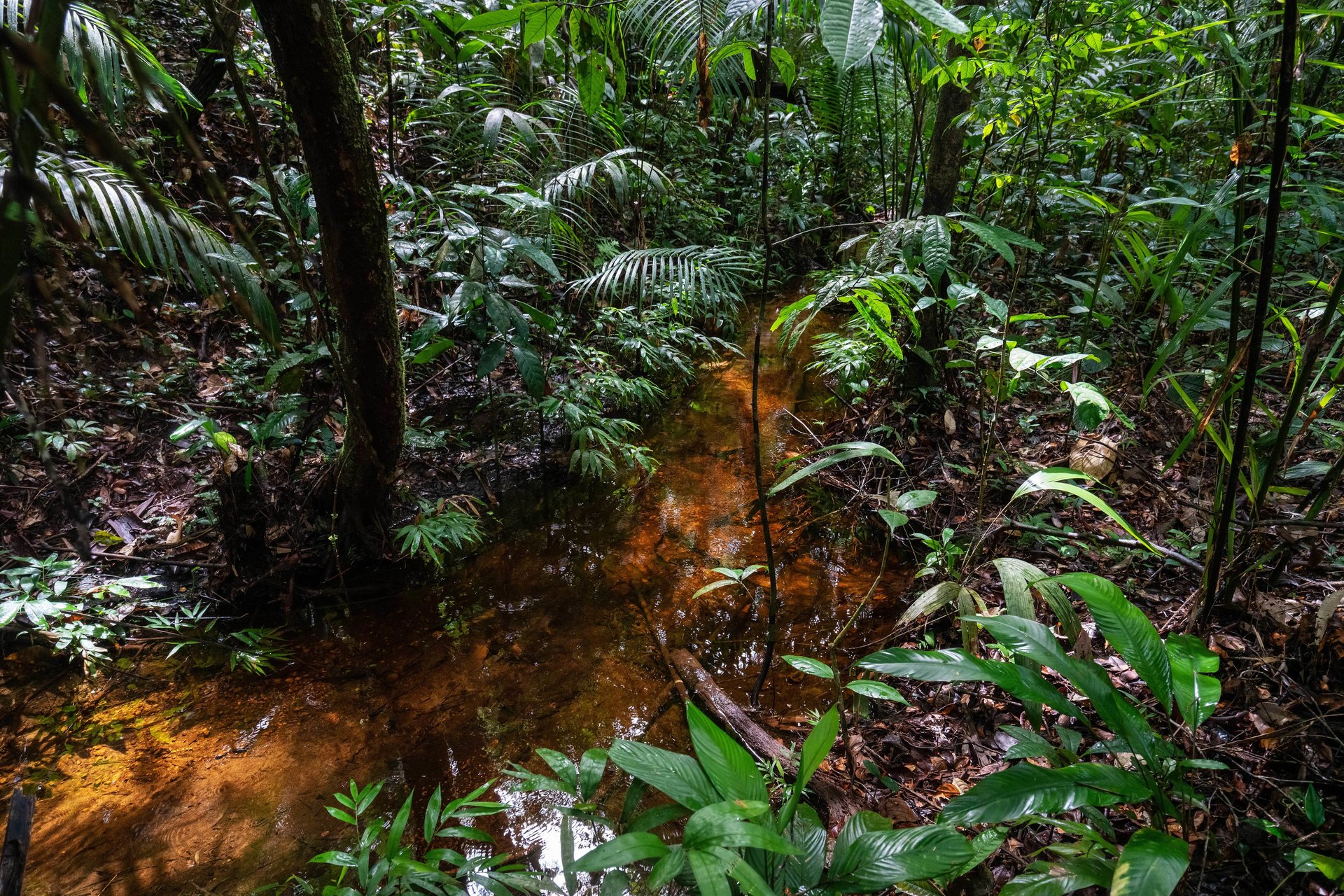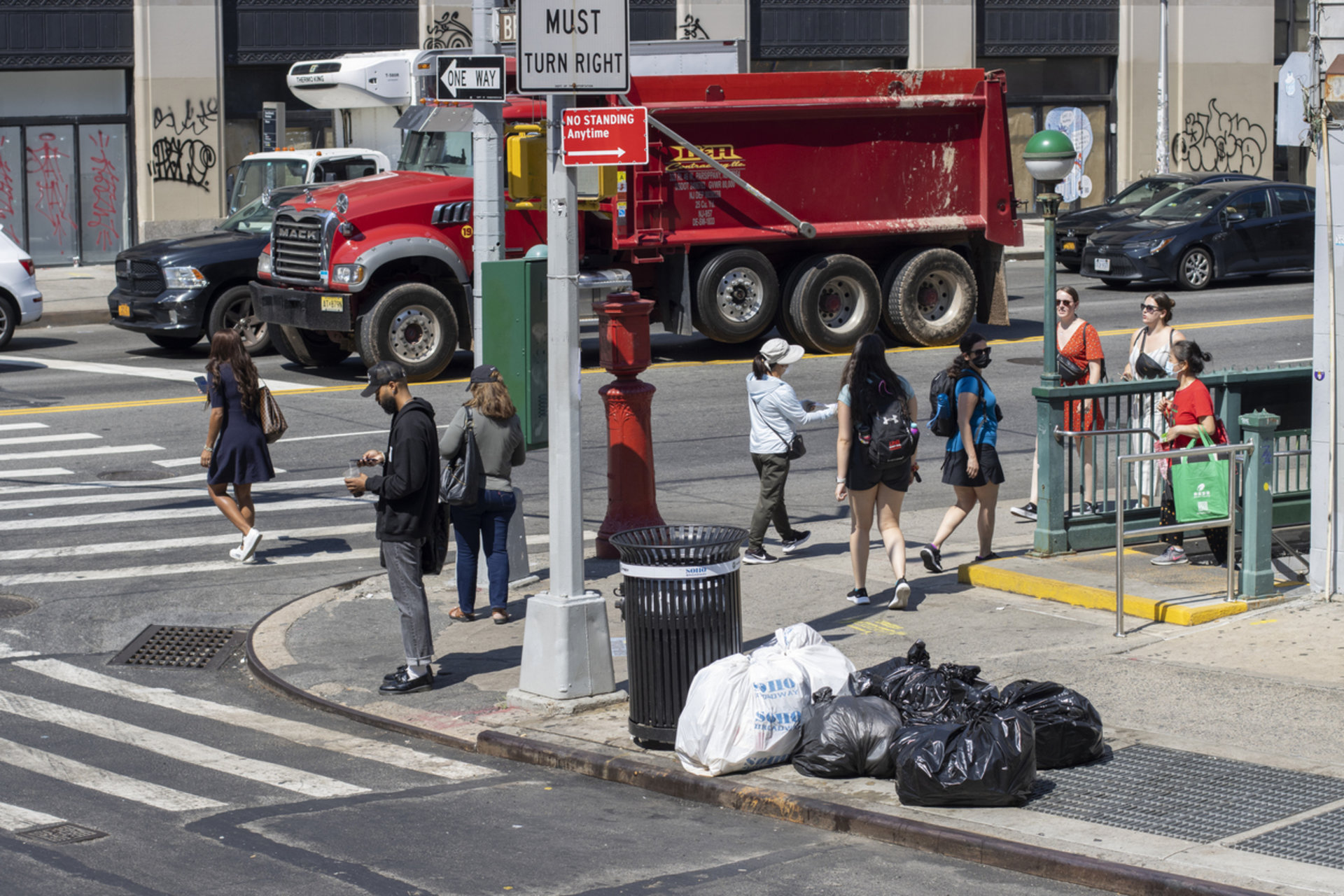Woods Wrapped 2023
Zombie forests, emissions from gas stoves and alternative meats captured our community's attention this year, along with 2023's climate-fueled "whiplash weather" and discussions on equitable climate solutions. Read on for more about these top stories and events in our year-end wrap up.
Research with impact
The Woods Institute serves as a key interdisciplinary hub for environment and sustainability researchers at Stanford. This year, Stanford researchers revealed new insights about the intersection of climate change in natural systems, human health, and economics – and potential ways forward.
Cooking on gas stoves emits benzene

About 47 million homes use natural gas or propane-burning cooktops and ovens. Stanford researchers found that cooking with gas stoves can raise indoor levels of the carcinogen benzene above those found in secondhand smoke.
Sparking conversation
The Woods Institute offers a broad array of conferences, webinars, and in-person briefings to ensure Stanford's environmental findings reach those who can use them. In these highlights, Stanford scholars discussed how to incorporate justice, equity, and Indigenous knowledge into climate and environmental solutions.
Inequitable climate: The case of clean water

Stanford scholars and other experts examined the challenges and potential solutions to ensuring communities across the United States have access to clean water.
Rapid response to winter storms
A barrage of storms starting in late December 2022 highlighted the dangers of “whiplash weather,” a pattern of swings between heavy winter rainfall and severe summer drought in the western U.S. In response, Stanford scholars and the public information manager for Sacramento County – an area that saw some of the heaviest damage from recent state-wide flooding – discussed the science behind the storms, implications for drought recovery, and tools to help communities mitigate future risk.
Cultivating the next generation
The Stanford Woods Institute for the Environment is equipping global leaders with the skills, knowledge and networks to move ideas into action and support informed decision-making.
Mel Lane Student Grants Program

A group of Stanford graduate students in the Pre-Collegiate Opportunities Within Energy Research (POWER) club hosted local high schoolers on campus to learn more about pathways to careers in sustainable energy engineering.
Impact beyond campus
The Woods Institute seeks to extend its impact beyond academia through engagement with U.S. policymakers, stakeholders, collaborators, and local community groups.
Fighting for firefighters

Michael Wara was invited by the U.S. Senate Committee on the Budget to brief legislators on ways to prepare for increasing fire in the American west. The resulting white paper describes actions that Congress can take to support a resilient firefighting workforce.
Going behind the scenes
Step into the world of experimentation, intellectual discourse, and challenge that comes before published findings. Our new story series highlights the people, processes, innovations, and discoveries stemming from Woods-funded research projects.
What do EV batteries have to do with health?

Stanford researchers combine epidemiology and management to confront a growing threat from lead-acid batteries.
Uncommon Collaborators: Data science for clean water
A Stanford geophysicist and lawyer team up to use big data for water quality monitoring and governance.
Explore More
-
Stanford Doerr School of Sustainability's photo contest showcases affiliates' actions to combat climate change and the beauty of Earth.
-
Conventional sunscreen ingredients can damage coral reefs and human health. An immunologist and a marine ecologist teamed up to develop a better approach.













